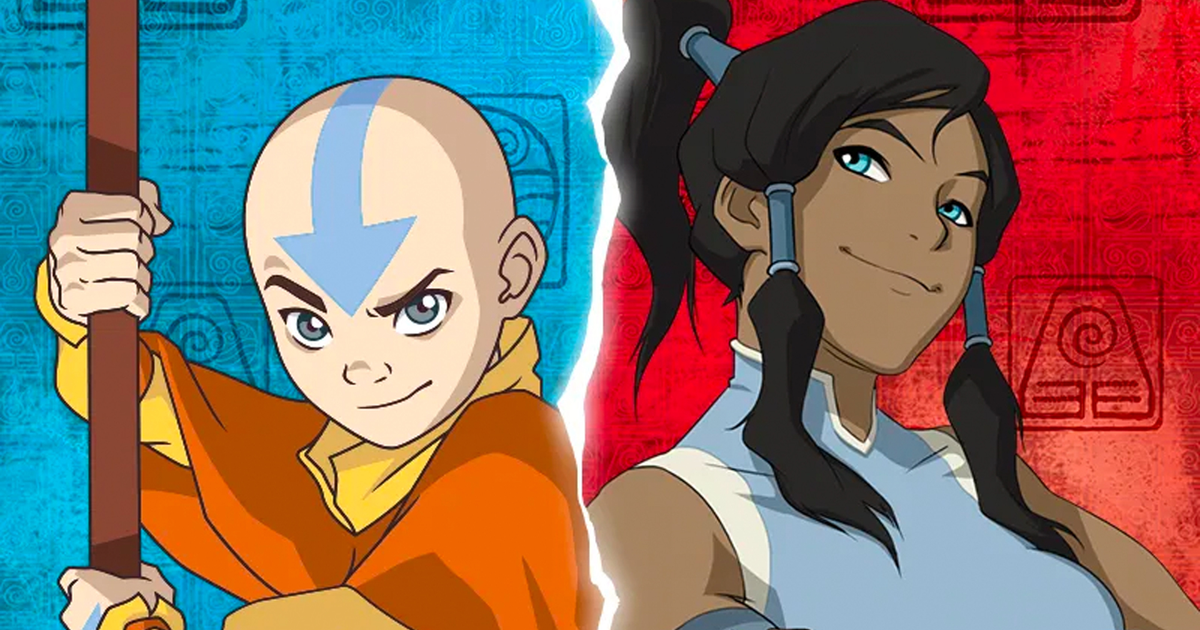A new roleplaying game set in the animated world of Avatar: The Last Airbender and The Legend of Korra is to be produced by Magpie Games. The core rulebook is set for release in February 2022, with two supplements following over the next year.

 www.magpiegames.com
www.magpiegames.com
Magpie Games has secured a multi-year licensing agreement with ViacomCBS Consumer Products to produce a tabletop roleplaying game set in the world of Nickelodeon’s animated series Avatar: The Last Airbender and The Legend of Korra.
“The stories of Avatar are so moving for us because they are joyous and heartbreaking,” says Mark Diaz Truman, CEO of Magpie Games. “We’re incredibly excited to bring the tales of brave benders and loyal friendships to tabletop roleplaying games; we know so many fans of both series have been waiting years for this moment! We’re also thrilled to have the opportunity to work with Asian designers like James Mendez Hodes to bring the world of Avatar Aang and Avatar Korra to life in a way that’s true to the authentic, diverse spirit of both shows.”
“We believe Magpie Games is the ideal partner to develop a roleplaying game based on Avatar: the Last Airbender and The Legend of Korra” says Pam Kaufman, President, Global Consumer Products, ViacomCBS. “Their commitment to supporting diverse content from diverse creators along with their exceptional game product made them the right choice to bring the world of Avatar to tabletop roleplaying games.”
This roleplaying game is a unique opportunity for fans of the show to return to a beloved setting—this time as the heroes of the story! Rising to meet their destiny, players will make characters using playbooks—templates that help players build and play compelling protagonists in the world of Avatar: The Last Airbender and Legend of Korra. Together they might protect local merchants from the Triple Threat Triad in Republic City, travel through a spirit portal to rescue a child taken into the Spirit World, negotiate peace between feuding communities within the Earth Kingdom, or pursue mysteries (and villains) that arise throughout their adventures!
The roleplaying game’s Core Book is slated for a February 2022 release with two supplements to follow in August 2022 and February 2023 titled Republic City and The Spirit World respectively.
New RPG Set in World of Avatar: TLA & TLoK | Magpie Games
PRESS RELEASE
Magpie Games has secured a multi-year licensing agreement with ViacomCBS Consumer Products to produce a tabletop roleplaying game set in the world of Nickelodeon’s animated series Avatar: The Last Airbender and The Legend of Korra.
“The stories of Avatar are so moving for us because they are joyous and heartbreaking,” says Mark Diaz Truman, CEO of Magpie Games. “We’re incredibly excited to bring the tales of brave benders and loyal friendships to tabletop roleplaying games; we know so many fans of both series have been waiting years for this moment! We’re also thrilled to have the opportunity to work with Asian designers like James Mendez Hodes to bring the world of Avatar Aang and Avatar Korra to life in a way that’s true to the authentic, diverse spirit of both shows.”
“We believe Magpie Games is the ideal partner to develop a roleplaying game based on Avatar: the Last Airbender and The Legend of Korra” says Pam Kaufman, President, Global Consumer Products, ViacomCBS. “Their commitment to supporting diverse content from diverse creators along with their exceptional game product made them the right choice to bring the world of Avatar to tabletop roleplaying games.”
This roleplaying game is a unique opportunity for fans of the show to return to a beloved setting—this time as the heroes of the story! Rising to meet their destiny, players will make characters using playbooks—templates that help players build and play compelling protagonists in the world of Avatar: The Last Airbender and Legend of Korra. Together they might protect local merchants from the Triple Threat Triad in Republic City, travel through a spirit portal to rescue a child taken into the Spirit World, negotiate peace between feuding communities within the Earth Kingdom, or pursue mysteries (and villains) that arise throughout their adventures!
The roleplaying game’s Core Book is slated for a February 2022 release with two supplements to follow in August 2022 and February 2023 titled Republic City and The Spirit World respectively.

